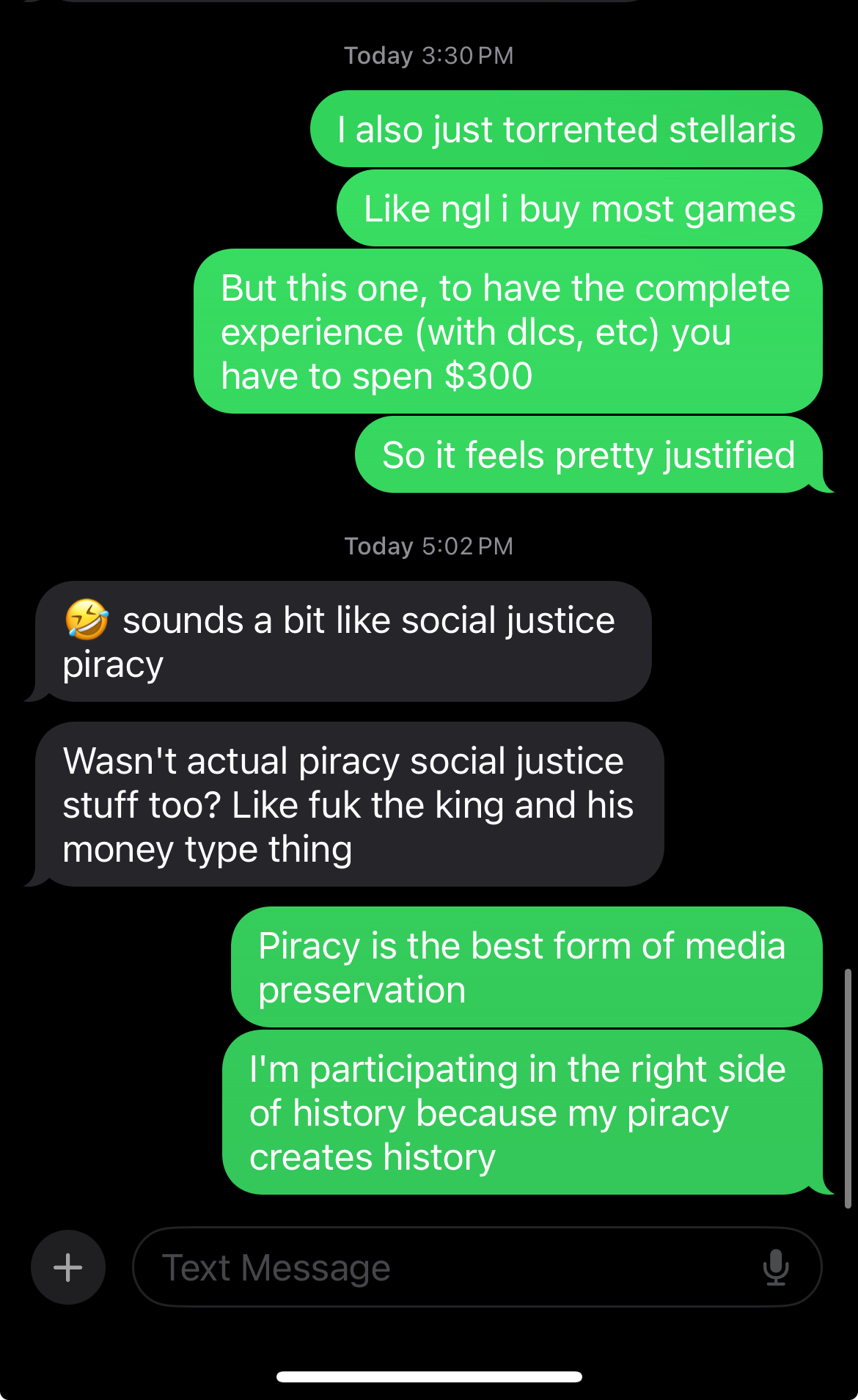this post was submitted on 22 Aug 2024
214 points (85.2% liked)
Piracy: ꜱᴀɪʟ ᴛʜᴇ ʜɪɢʜ ꜱᴇᴀꜱ
57474 readers
662 users here now
⚓ Dedicated to the discussion of digital piracy, including ethical problems and legal advancements.
Rules • Full Version
1. Posts must be related to the discussion of digital piracy
2. Don't request invites, trade, sell, or self-promote
3. Don't request or link to specific pirated titles, including DMs
4. Don't submit low-quality posts, be entitled, or harass others
Loot, Pillage, & Plunder
📜 c/Piracy Wiki (Community Edition):
🏴☠️ Other communities
Torrenting:
Gaming:
💰 Please help cover server costs.
 |
 |
|---|---|
| Ko-fi | Liberapay |
founded 2 years ago
MODERATORS
you are viewing a single comment's thread
view the rest of the comments
view the rest of the comments


I still don't know how I2P would be able to mask where the packets go to or come from, even if they encrypt the contents
Onion-like routing. It takes multiple hops to get to a destination. Each hop can only decrypt the next destination to send the packet to (i.e. peeling off a layer of the onion).
Would that keep lawyers from just taking the last ip they get for their frivolous law suits? That way I could get a letter for something I actually didn't download
I mean, you can be sued for anything, but it will get thrown out. Like, I guess the MPAA could offer a movie for download, then try to sue the first hop they upload a chunk to, but that really doesn't make any sense (because they offered it for download in the first place). Furthermore, the first hop(s) aren't the people that are using the file, and they can't even read it. If people could successfully sue nodes, then ISPs and postal services could be sued for anything that passes through their networks.